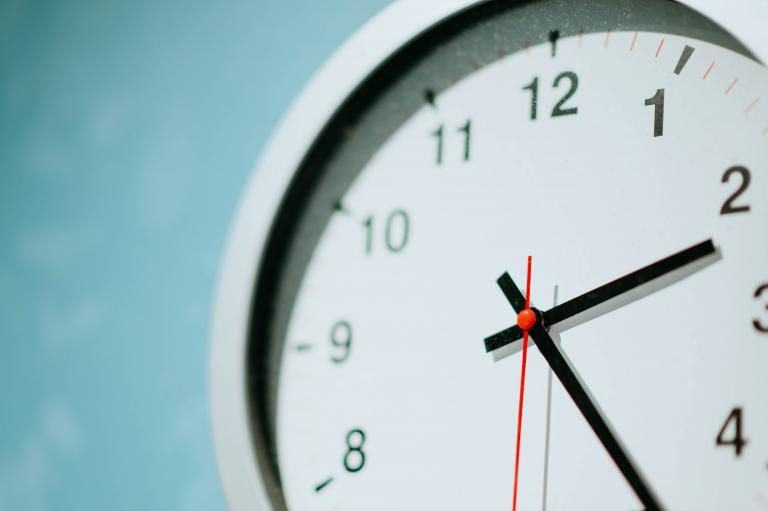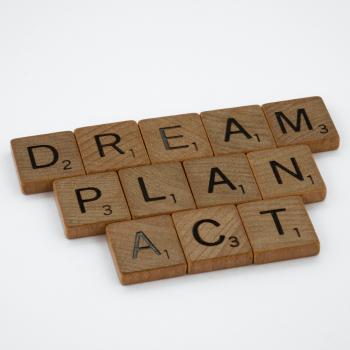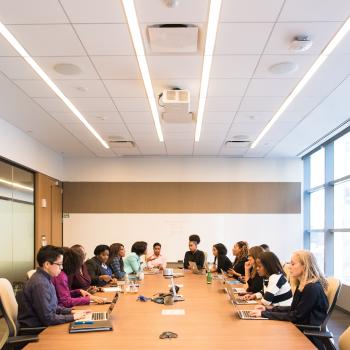We have a woman in our community group who is fond of lamenting, “We made it all up!” She is a college student and is learning about all the ills of the world, in more ways than one.
Yesterday was Daylight Savings and we all got one more hour of sleep. Is there any clearer indication that we made up the clock than the fact we can just decide to change it whenever we want?

We change time so we can have more daylight, to give us more of an opportunity to spend the day. What are you doing with the opportunities of today?
Time and Value
Someone once explained to us the difference between the way Westerners view time and the way Africans view time. We were on a mission trip in Malawi and we were becoming frustrated with the practical way the locals treat time. They say something starts at 9:00 a.m. But you are lucky if people are even starting to show up at 10.
It is easy for Westerners to get riled up and feel as though they don’t value us or the precious commodity of time.
But our friend explained that Africans value time just as much as Westerners. In the West, we value time as a rare commodity. Time is money, we say. Every minute is an opportunity you will never have again. And so we hold dear to our schedules and appointments. We could be doing something else with this rare and precious moment.
Africans view time as an unlimited resource. It is just as valuable, but they do not treat moments as rare occasions. There is always more time, always another minute or hour. And so, if what I was doing is taking longer than I thought, no problem – there is more time!
Spending Time
To me, there is nothing more fascinating about the human experience than Time. When you think about it, Time is the only cause for our concern. We don’t know how things will work out (later in time) and so we fret and worry and try to control the future.
Our conversation in Malawi about the two ways to value Time reminds me of what our friend always says about making thing up.

We create these narratives (about Time, about life, about relationship or suffering) and it affects the way we operate within those contexts.
What you are going to do with your “extra” hour is going to be informed by the way you view the Time. Is that hour a rare chance floating down the river or a single drop of the great current of the river, never-ending and always available.
The truth is both are right, overlaid on top of one another. The really important thing is our choices. How will we spend the Time we have?
It is interesting that Daylight Savings always happens in the middle of the night. It makes it easy and simple for us. We gain (or lose) an hour of sleep. The choice, seemingly, is made for us.
The bigger question is not about the made up fluctuation of that single hour but how that fluctuated hour plays into our choices through all the Time of our life. One of the things that is kind of cool about Daylight savings is that it reminds us of Time, of how complicated it is. And of the opportunity of Time. What will you do with yours? What will be your perspective? What choices will you make?












